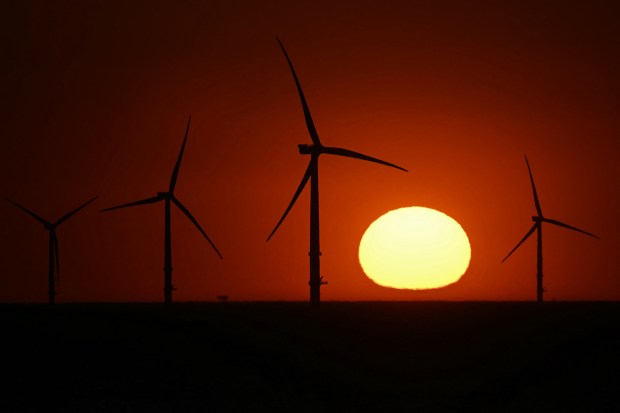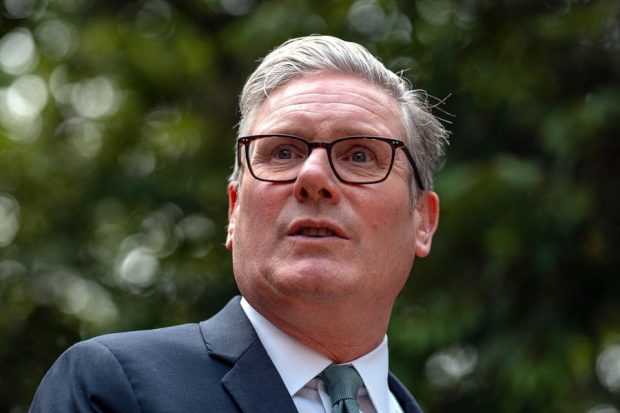Environmentalists always feared that Brexit would lead to a weakening of environmental protections, but who would have guessed that it would be a Labour government which would take a bulldozer to legislation acquired through the EU Habitats Directive? Rachel Reeves is reported to be contemplating a second planning bill which would make it far harder for conservationists to hold up infrastructure projects. Reeves has already paved the way – if that is not an unfortunate expression in this context – by saying last month that she cared more about young families getting on the housing ladder than ‘protecting some snails’. The ability to use judicial reviews to block projects will be curtailed and the list of creatures offered protection will be shrunk.
Reeves is giving these idealistic voters an even bigger incentive to jump from the Labour ship
Reeves is right that habitat rules are excessive – even if her party was among the first to scream green murder whenever the Conservative government wanted to build an infrastructure project. Where were she and her colleagues when fracking companies were trying to develop a UK shale gas industry which, by now, could have been producing cheaper energy for UK households? The £100 million ‘bat tunnel’ on HS2 which so offended Keir Starmer seems to have come as a moment of realisation for the government – that we are becoming a country where it is impossible to build any infrastructure project at reasonable expense thanks to the ability of the green lobby to frustrate and delay. Under existing law even common creatures are granted sacred status.
But Labour’s about-turn on nature and development is likely to have serious political consequences for the party. The trouble for the party is that many of its voters are already tempted by the Green party, not just for environmental reasons but because it also offers totemic left-wing policies such as a wealth tax, which Reeves and Starmer seem to have ruled out. Now, Reeves is giving these idealistic voters an even bigger incentive to jump from the Labour ship.
Nor are Reeves’s planning reforms on their own likely to do much to boost the economy. It might help speed up a few infrastructure projects, but they are unlikely to counter the anti-growth effects of other government policies, such as the rise in employers’ National Insurance contributions and the Employment Rights Bill.
Moreover, Britain, like many countries, has a history of infrastructure projects which are conceived less to boost economic growth than to fulfil some political need. HS2 is a prime example. Its economic case always was weak, based on the false assumption that business people cannot work on trains and therefore would be more productive if they could be sped to their offices a few minutes quicker. The bats in that case would have been better left undisturbed.
Does anyone really think that the government will come up with better infrastructure just because Reeves has made it easier for them? It is bound to mean yet more wind farms, solar farms – with their intermittent energy helping to further inflate UK energy prices – more roads and bridges to nowhere.
There are many infrastructure projects which will remain difficult to enact even with deregulated laws on habitats. It isn’t bats and newts, for example, which have stymied a third runway at Heathrow – it is the government’s net zero commitments, which Reeves is unlikely to do anything about. It was carbon emissions on which environmental groups chose to fight to project – successfully arguing in court that the third runway was inconsistent with the government’s commitments under the Paris agreement (although that was later overturned in the Supreme Court). The issue of climate change has already steamrollered other environmental concerns. The current government looks likely to take this process further.




















